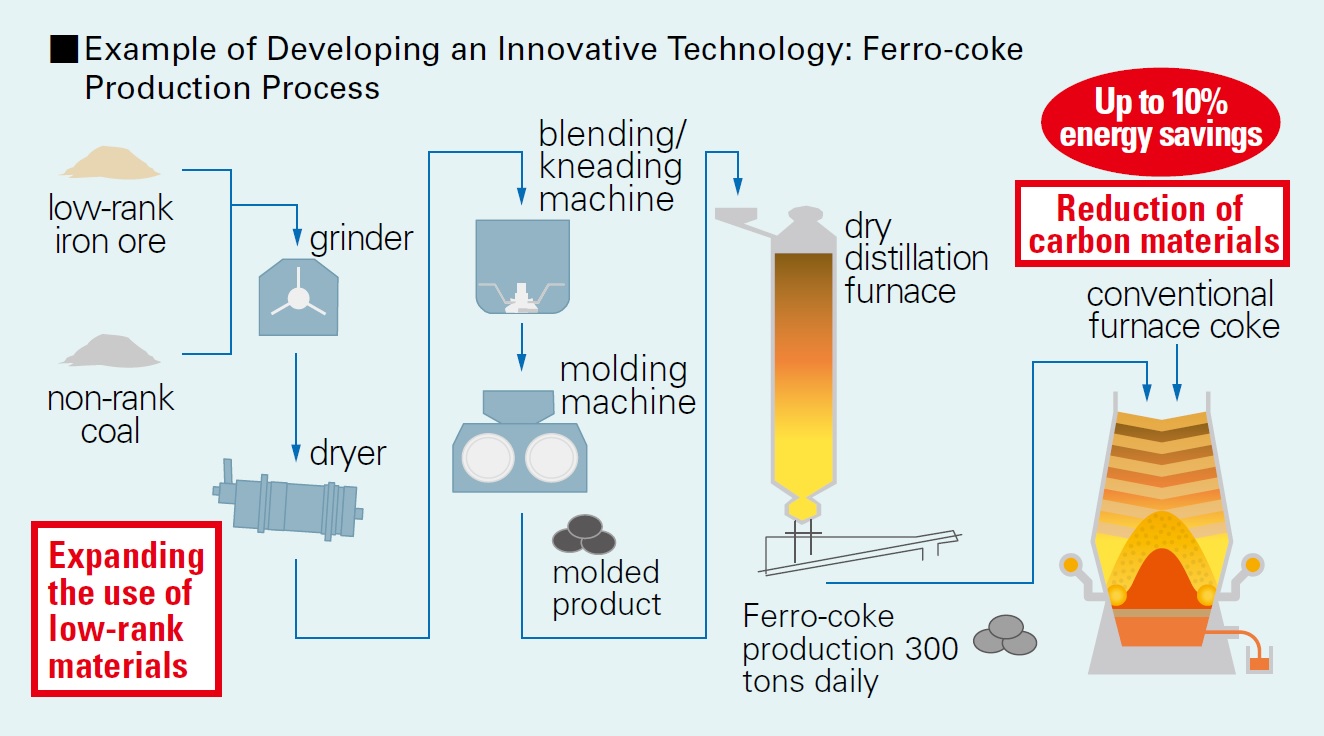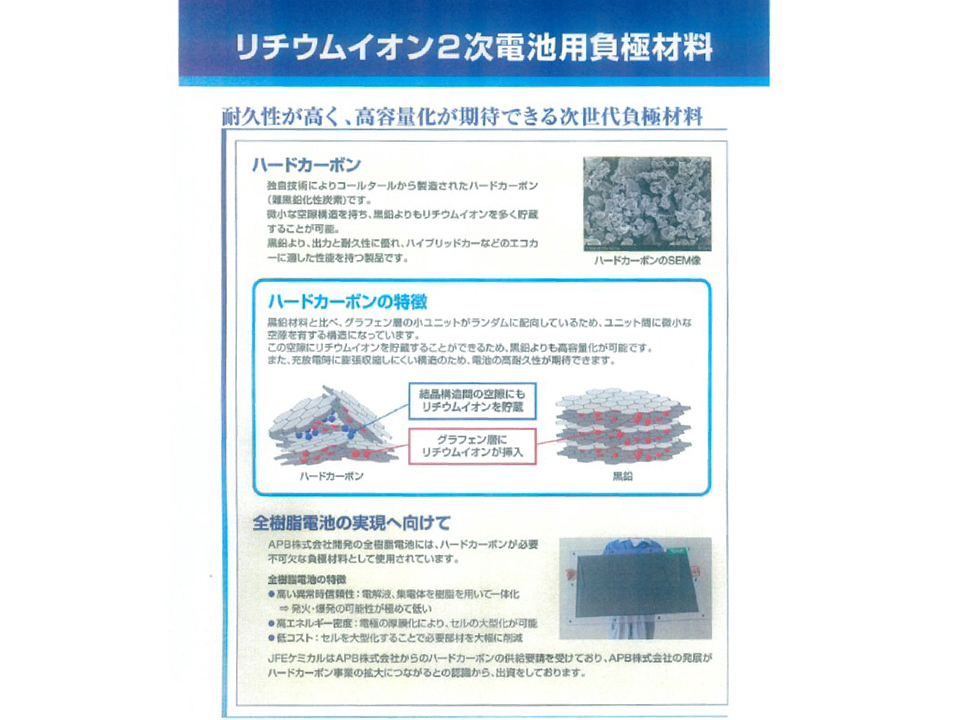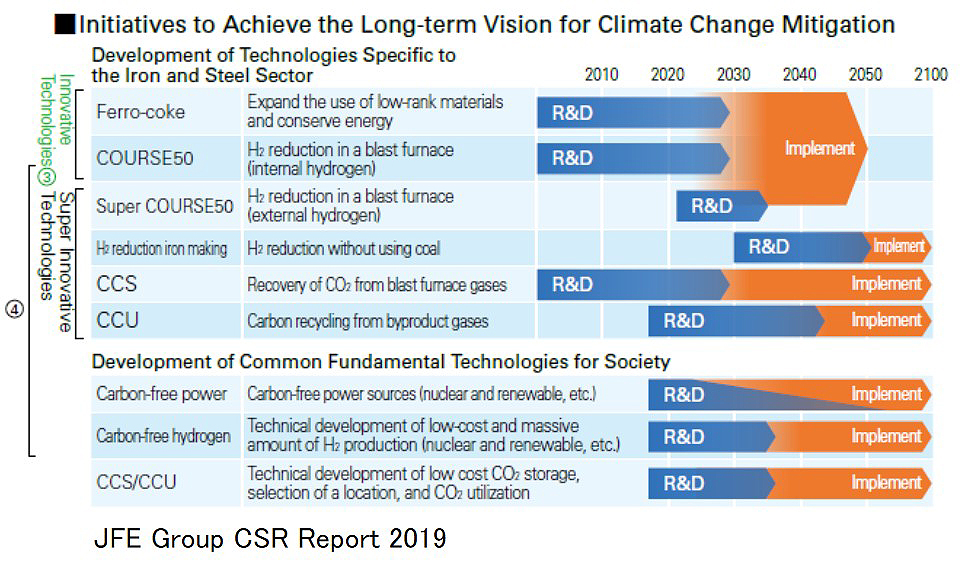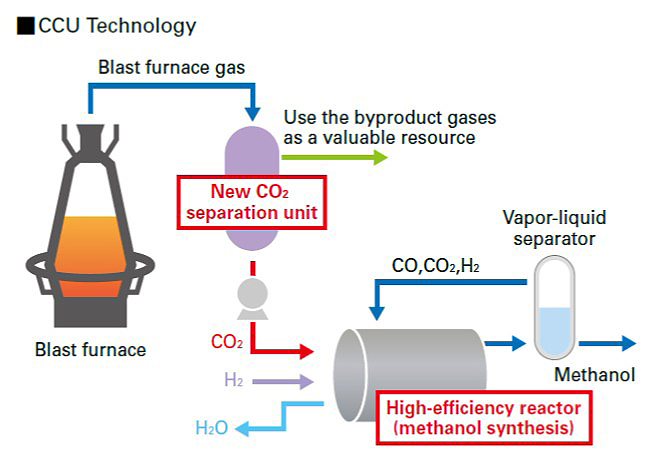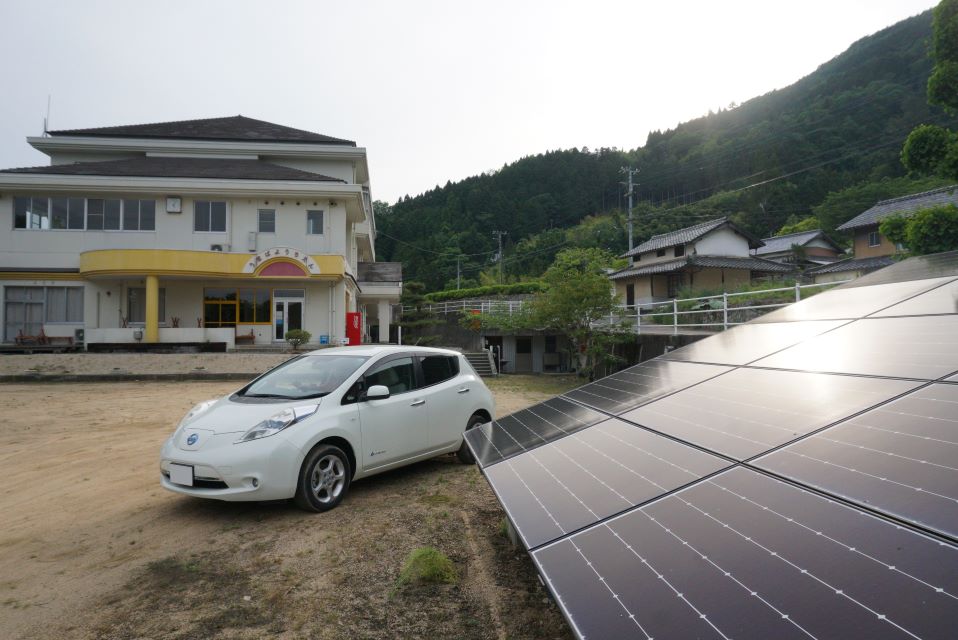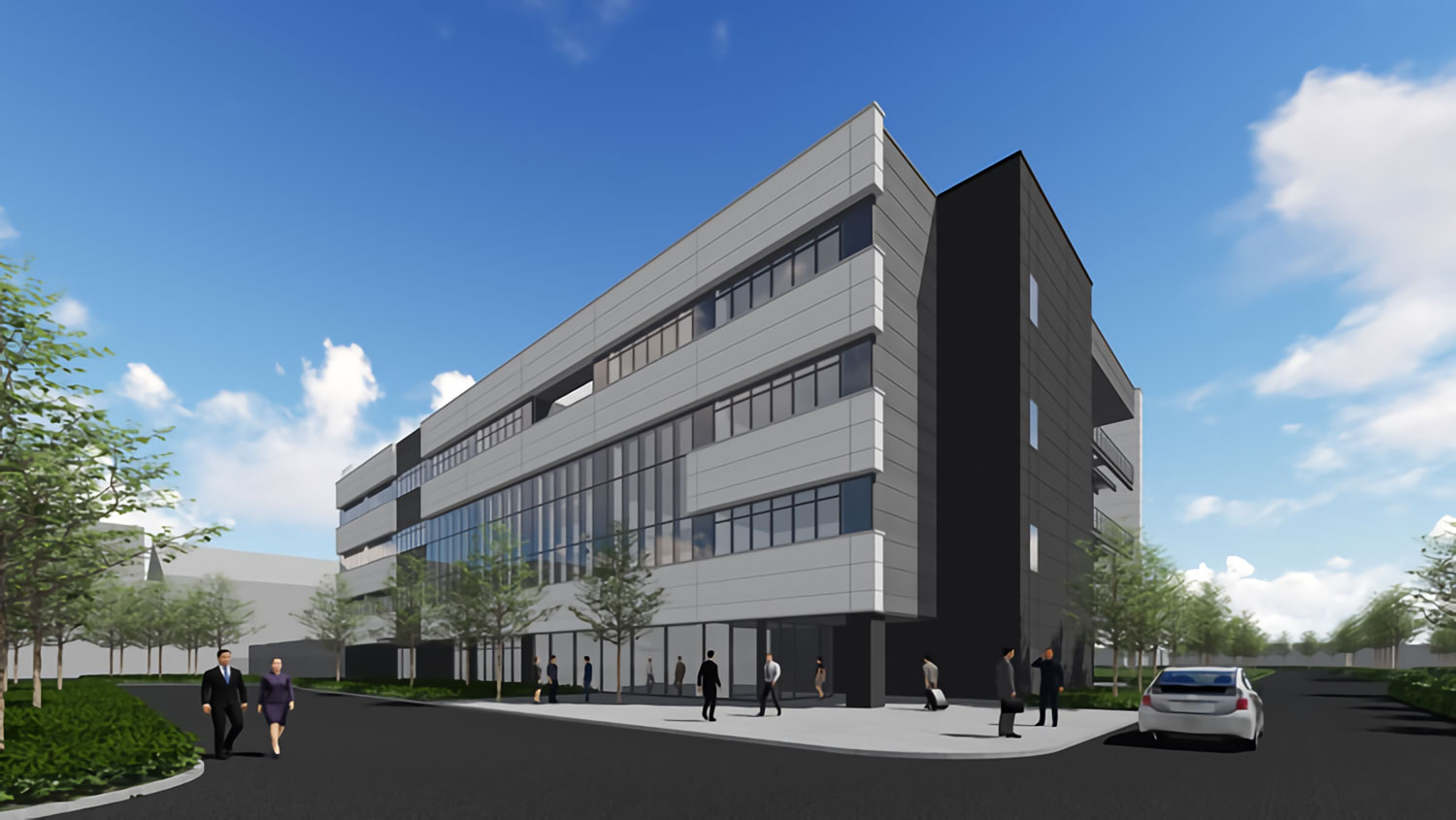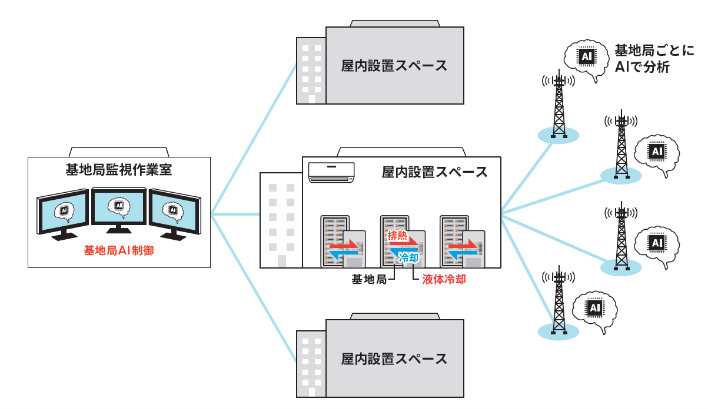Technology of improving water quality of sea area by use of steel slag products
JFE Holdings, Inc.
Outline
【JFE Steel Corporation】
The water quality of sea area in front of Yamashita Park is getting worse, the seabed is covered by mud, and problems such as red tide or poor oxygenation of water occur in summer season. To cope with them, JFE Steel is promoting a joint research project* with the City of Yokohama to confirm improvement methodology of marine environment by setting steel slag products on the coastal zone which is expected to have effects of organism clinging base and improvement of seabase.
*Joint research related to research on techniques to improve a marine life environment and facilitate the natural cleansing ability of seawater near the shores of Yamashita Park.
Description
In a joint research project* with the City of Yokohama, JFE Steel Corporation set steel slag products on the coastal zone of Yamashita Park and has studied for four and a half year of investigation. Consequent results were obtained as follows.
- Recovery of biodiversity by use of organism clinging base material Marine Block™ and Marine Rock™, and seabed improving material Marine Stone™.
- Improvement of water quality by promotion of filtration organic inhabitation.
- Inhabitation of various lives such as shellfish or fish.
- Ability of water purification was evaluated as 8500kL per day.
- Quantity of CO2 fixation during production of Marine Block™ was 280kg/m3.
Based on these results, JFE Steel Corporation has confirmed that steel slag products, including Marine Block™, which is steel slag absorbing CO2 gas, provide a highly effective base for nurturing and growing sea organisms while also facilitating the natural cleansing of seabed and seawater. We will continue to work on this project with the City of Yokohama toward improving the marine environment in Yokohama Bay and developing an attractive seaside town.
Marine Stone™, a gravel-type steel slag product, is a habitat forming material that suppresses hydrogen sulfide, which arises from an unhealthy seabed and improves water and sediment quality in enclosed coastal waters.
Its effectiveness in improving marine environments has been widely recognized, and the joint project with Hiroshima University received the Minister’s Prize (Ministry of Agriculture, Forestry and Fisheries) in the 12th Eco Products Awards and the Grand Prize in the 26th Nikkei Global Environmental Technology Award.
Hiroshima Prefecture has used a total of 38,000 tonnes of Marine Stone™ in its Fukuyama Port Marine Environment Creation Project (inner harbor area). Its marine environment improvement property was confirmed to still be effective in 2019, four years after its initial placement.
JFE Steel Corporation will promote development of blue carbon ecosystem deployment technology through above described slag products. For example, improvement of CO2 absorption quantity and strength at the same time is quite difficult by present technology. We will develop technology to obtain both high durability in the sea and increase in CO2 absorption quantity by controlling pore structure and mineral composition.
Partner(s)
City of Yokohama
Other Innovation Challenges
Challenge for development of super‐innovative technologies focusing on “Carbon‐recycling Blast Furnace+CCU”
JFE Holdings, Inc.
Multi-site integrated energy network services for energy saving
JFE Holdings, Inc.
Realization of decarbonization by developing hard carbon for next-generation lithium-ion battery "All-polymer battery"
JFE Holdings, Inc.
Similar Innovation Challenges
Accelarating the penetration of renewable energy resources with “Open Energy System”
Sony Group Corporation
Achieving net-zero carbon emissions from plant factories using full artificial lighting
Taikisha Ltd.
Advanced technology for buildings providing energy-saving and comfortable indoor environment (under Net Zero Energy condition)
Mitsubishi Electric Corporation
AI control reduces base station power consumption by up to 50%
KDDI CORPORATION

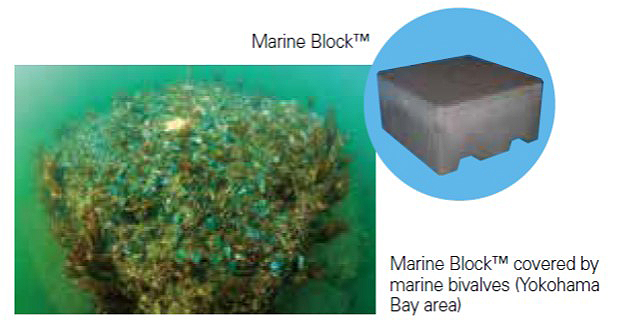
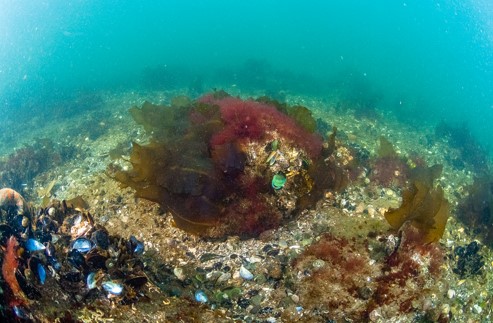
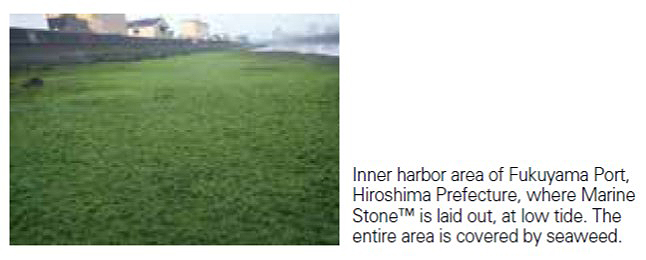
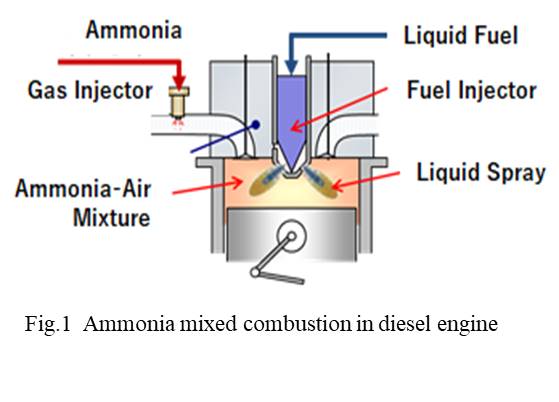
.png?id=2&tid=812&imageNumber=1)
